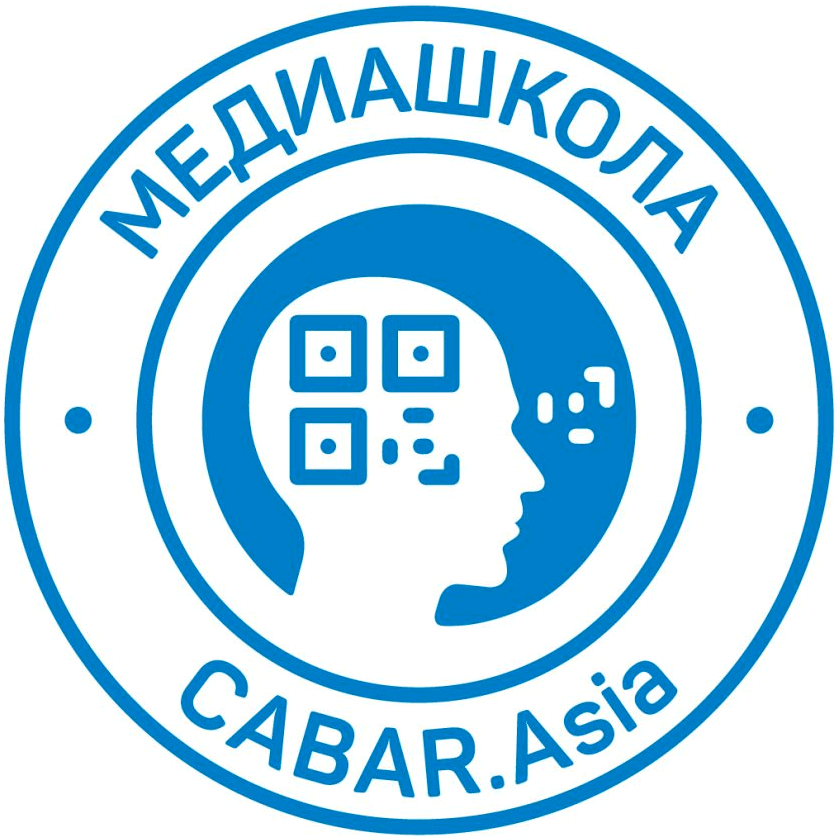Towards Freelance Journalism
The main goal of the course is to educate aspiring and experienced journalists from Central Asia how to write quality stories and become a freelance journalist.
COURSE DESCRIPTION
This course focuses on creating stories; from formulating story ideas and pitching them, to finding and interviewing sources and finally to structuring your material into a story ready for an international publication. Also included are modules on the business side of journalism, finding grants for your work and platforms to publish it.
COURSE PROGRAMME
Module 1: Introduction
This module addresses the basics of the writing process for journalistic stories: How do journalists come up with ideas? How does a topic become a story? How can you find and engage the target audience for your story?
Lesson 1: How and where to look for ideas and materials
Lesson 2: How to find an edition for your story
Test Five questions/ten minutes
Module 2: How to Pitch Your Story
This module introduces the next step towards publishing a story: pitching your idea and ensuring that it gets as much attention as possible. How can you get editors to accept your pitch without meeting in person? How can you pitch your idea to stand out from all the others that editors look at every day? Here you will learn the ability to generate interest in your stories.
Lesson 1: How to pitch your story - Part 1
Lesson 2: How to pitch your story - Part 2
Test Three questions/ten minutes
Module 3: Journalistic Opportunities, Business and Finance
You’ve established yourself as a professional journalist with published work and contacts at publications. How can you take your freelance career to a higher level? One way to start is to apply for grants. In the first lesson, award-winning journalist Didem Tali discusses platforms where journalists can find grant opportunities and explains how to make commissions pay attention to your applications. In the second lesson, Didem talks about journalism and financial security. Journalism is a small business in which you are both an accountant and a manager -- especially as a freelancer. A further financial cushion will allow you to broaden your network and skillset, giving you the time and freedom to become a highly effective journalist.
Lesson 1: Finding opportunities
Lesson 2: The business of journalism
Test Three questions/ten minutes
Module 4: Interview
This module discusses interviews, one of the most important elements of almost any journalistic story. These lessons clarify the differences between two types of interviews: those with an expert, and those with a protagonist. How do you find valuable sources to interview, and what are the best methods for interviewing them? How should you approach people for interviews on sensitive topics? How can common acquaintances, social networks, and NGOs help? Didem talks about the importance of asking the right questions, interview methodology and ethics.
Lesson 1 Preparing and conducting an interview
Lesson 2 Interviews on sensitive topics
Test Three questions/ten minutes
Module 5: Conclusion
In this module, you will learn to make your stories interesting and exciting, even on topics of niche interest such as business news, economics and technology. This process touches every aspect of writing a story, from research to interviews to structuring and publication. According to Didem, regardless of its subject, your story should stick in people’s minds, catch their emotions, and have journalistic value.
Didem concludes the course by talking about the inevitable difficulties encountered on the path to independent journalism, and how this path has changed her outlook on life. She encourages you to remember that despite these challenges it is important to always remember that what you are doing today is an investment in yourself, and one which will yield great returns.
Lesson 1 The structure of a story
Lesson 2 Final words
Test Ten questions/ten minutes
ABOUT THE AUTHOR
Didem Tali is a freelance journalist and editor. She has written for the New York Times, National Geographic, The Guardian, BBC, CNN, National Public Radio, Financial Times, The Economist and others. Currently, Didem is the editor of Contently, engaged in multimedia freelance journalism and documentaries.
Didem Tali
Freelance journalist and editor
Languages:
Kazakh, Kyrgyz, Russian, Tajik, Uzbek.
Course available at:
school.cabar.asia



